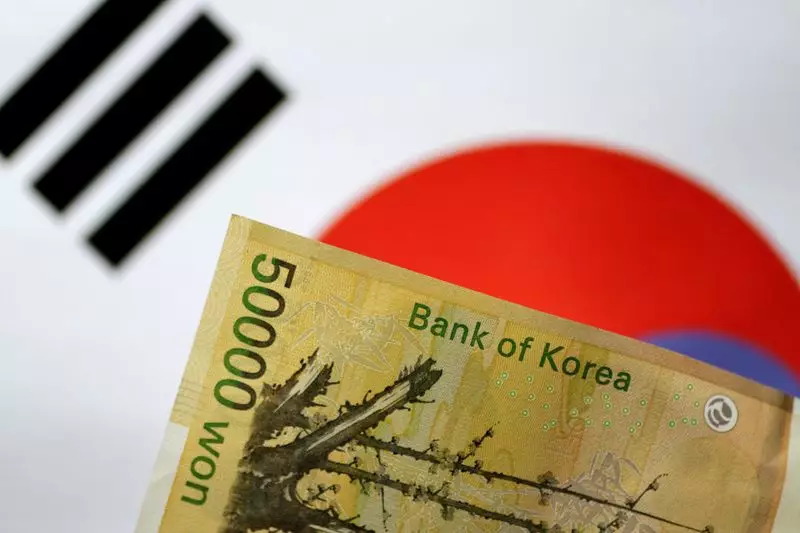In a revealing statement, the Governor of the Bank of Korea, Rhee Chang-yong, emphasized the profound impact of political stability on South Korea’s economic future. This shift in focus is particularly noteworthy given that traditionally, external factors, such as U.S. monetary policies, have held significant sway over the Asian economy. However, recent developments indicate that the internal political environment is now emerging as a key determinant of financial health. Rhee asserted that the political processes need to stabilize for the country to weather the economic uncertainties that lie ahead.
This prioritization of political stability over other economic indicators underscores a transitional period for South Korea. Under the strain of a political crisis marked by President Yoon Suk Yeol’s controversial measures, including attempts to impose martial law, the country faces grave economic challenges. The governor’s statements suggest a critical juncture; the country must navigate through its internal discord to stabilize its economic trajectory.
In a recent policy meeting, the Bank of Korea opted to maintain its interest rates at 3.00%, a decision reflecting a cautious approach influenced heavily by the prevailing political climate. Traditionally, interest rates are adjusted to manage inflation and facilitate economic growth. However, Rhee’s comments illuminated a distinct shift: while rate adjustments are crucial, the underlying political stability has taken precedence.
Amid this turmoil, the government has revised its economic growth outlook for 2025, downgrading projections from 2.2% to a modest 1.8%. Such stark revisions serve as a testament to the real ramifications of political strife on economic confidence and forecasting. The governor’s insistence on the urgency of restoring a stabilized political environment highlights that fostering public trust might be more vital than monetary policy shifts.
The won’s fluctuations provide a tangible illustration of how political events can ripple through financial markets. Following the arrest of President Yoon—a historical occurrence in South Korean politics—the won saw a momentary uplift against the dollar. This development illustrates a complex relationship between market confidence and political events, as investors tend to react to governmental stability. Rhee acknowledged that not only did external economic indicators, like U.S. inflation reports, drive the currency’s behavior, but the unfolding political drama also had a considerable effect.
The situation facing South Korea is dynamic. While the arrest of President Yoon marked a pivotal moment, it did not signify the resolution of the crisis. His refusal to engage with ongoing investigations raises questions about future stability. Moving forward, the extent to which South Korea’s leadership can manage both economic policy and internal discord will be closely scrutinized and will undoubtedly dictate the nation’s path forward.
South Korea stands at a crossroads where the convergence of politics and economics poses both risks and opportunities. As the central bank prioritizes political stability in its decision-making processes, the economy will likely remain sensitive to further political events. The actions of both economic policymakers and political leaders in the coming months will be crucial, not just for domestic stability but also in reassuring investors and restoring economic momentum in Asia’s fourth-largest economy.

